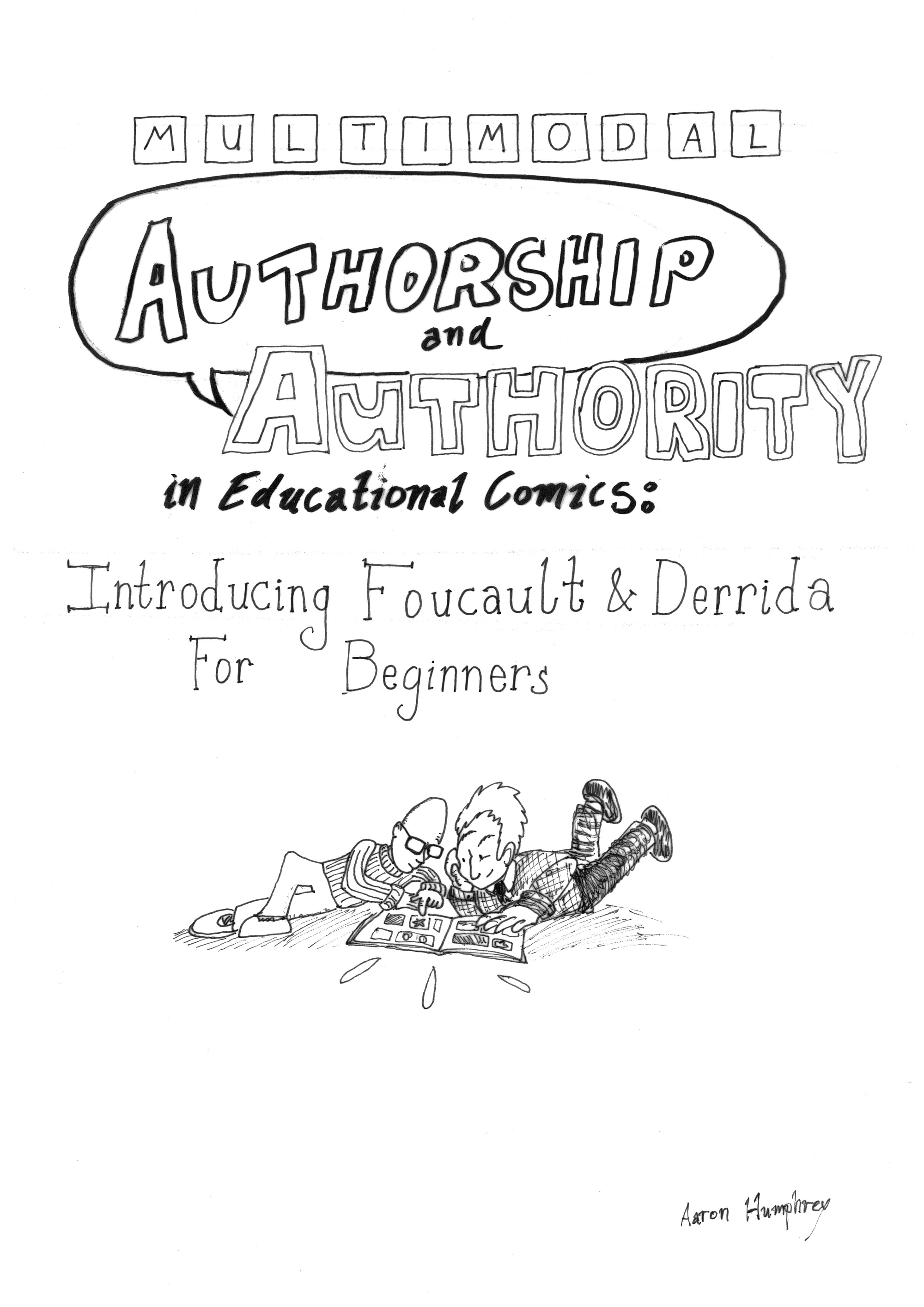While this piece does not directly address the subject of race in its body, the theme runs through the narrative and the syllabus alike. The subject at hand inherently has to do with the "marking" of Black bodies by white police officers (and white society as a whole). What is subversive about this is the use of the digital sphere to create a voice in the education of the youth that does not exist in our education system. In this case, it is the syllabi of the school systems that silence Black bodies by exclusion and erasure from history books and lesson plans. I did not read the Derrida article, but as long as America excludes peoples from recognition in the education and rhetorical spheres, the binaries we are confined by will be perpetuated indefinitely. This is not to say that Black and white will not be used as identifiers relating to struggle, oppression, and history, but that, essentially, you cannot escape a binary while one end is experiencing oppression.
 Sequential
Sequential







 self edifying principles
self edifying principles approachably disruptive
approachably disruptive wonder what Humphrey would think of Unflattening
wonder what Humphrey would think of Unflattening also smells of McCloud
also smells of McCloud color as indentification
color as indentification mindfulness
mindfulness what words can't say
(Christmas Truce 1914)
what words can't say
(Christmas Truce 1914) ne c'est pas une bande dessinée (I don't actually know french so I hope I said that right)
ne c'est pas une bande dessinée (I don't actually know french so I hope I said that right) smells procedural
smells procedural reminiscent
reminiscent